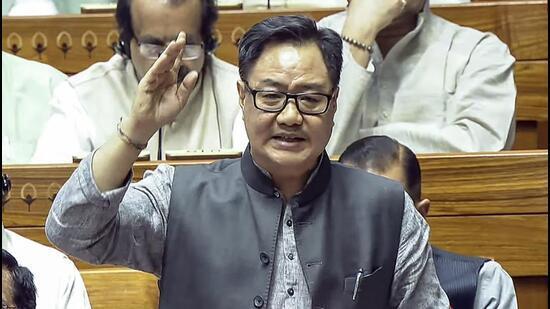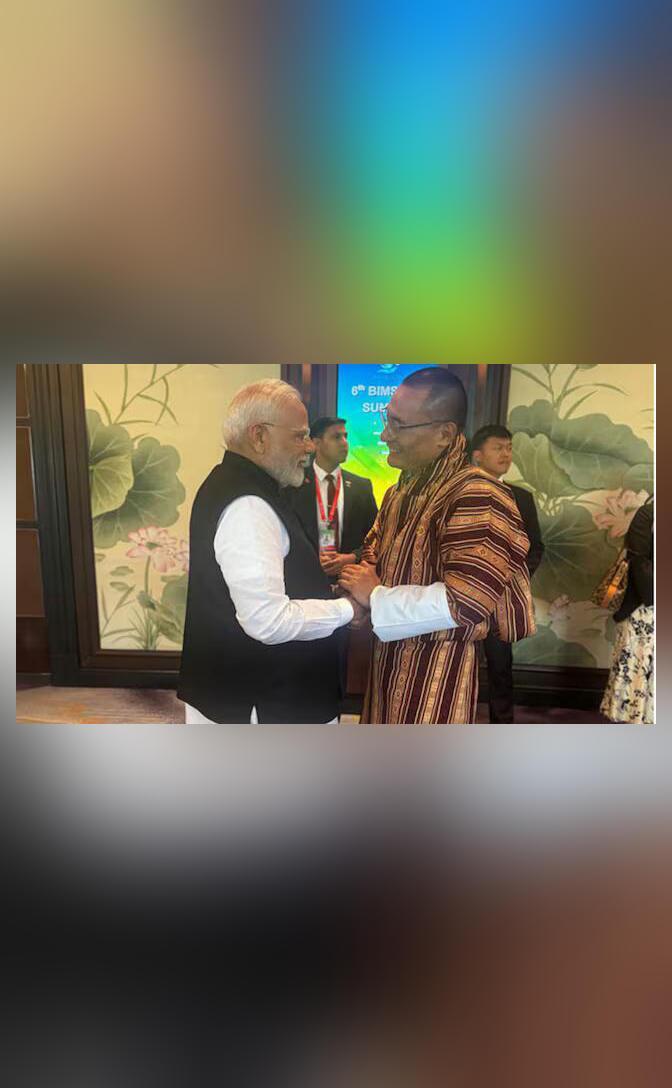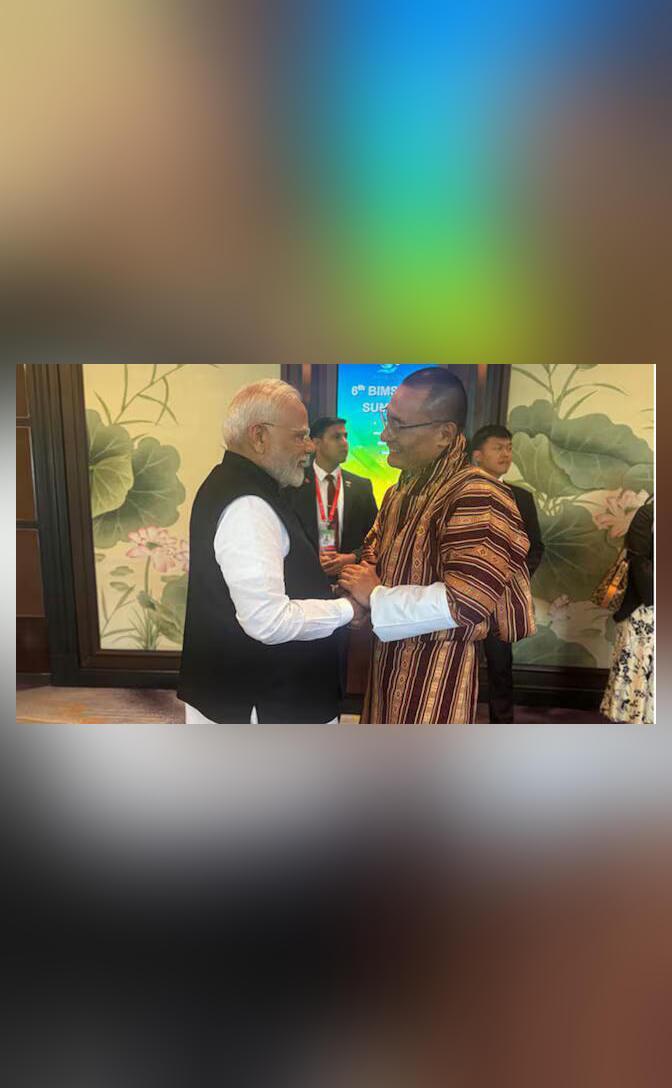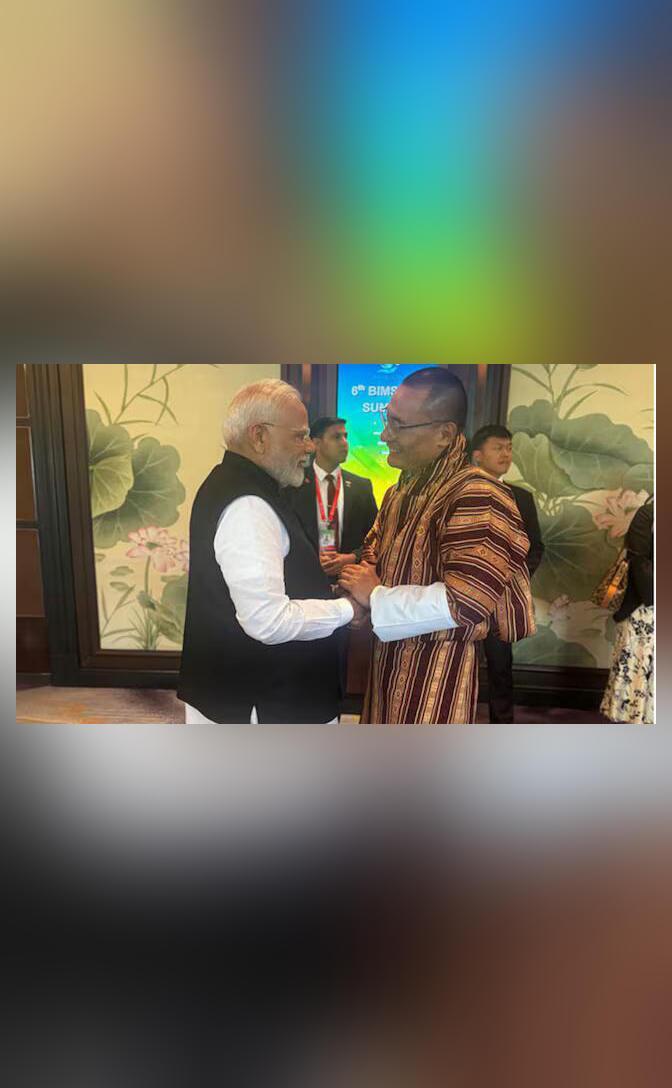
Opposition creates confusion & leaves House: Rijiju in Rajya Sabha
The Rajya Sabha, the Upper House of the Indian Parliament, is known for its intense debates and discussions on various bills and issues. However, sometimes the opposition parties can create confusion and chaos in the House, leading to heated exchanges and walkouts. Such was the case recently during the discussion on the Waqf (Amendment) Bill, where Union Minister Kiren Rijiju criticized senior Rajya Sabha members for creating confusion and not staying back to listen to the replies.
The Waqf (Amendment) Bill aims to amend the Waqf Act, 1995, which deals with the administration of waqf properties. The bill was introduced in the Rajya Sabha to simplify the process of registration and management of waqf properties. However, the opposition parties, including the Congress and the Left, voiced their concerns and raised several issues during the debate.
During the discussion, senior Congress leader Kapil Sibal compared the properties of Waqf bodies with those of other religious bodies. However, Minister of State for Ministry of Youth Affairs and Sports, Kiren Rijiju, took umbrage with Sibal’s statement and accused him of creating confusion. Rijiju said that Sibal’s statement was an attempt to divert the attention from the main issue and create confusion among the members of the House.
Rijiju’s remarks were in response to Sibal’s statement that the Waqf bodies have more properties than other religious bodies. Sibal had said that the Waqf bodies are in possession of more properties than other religious bodies, but Rijiju countered that Sibal’s statement was based on incorrect information.
Rijiju further accused Sibal of not staying back to listen to the replies to his questions. He said that Sibal had raised several questions during the debate, but had walked out of the House before the Minister of State could reply to them. Rijiju’s remarks were met with strong protests from the opposition benches, with several opposition leaders questioning his tone and language.
The controversy surrounding the Waqf (Amendment) Bill is just the latest example of the opposition’s tactics in the Rajya Sabha. Over the years, the opposition parties have used various tactics, including creating confusion and raising irrelevant issues, to stall the passage of bills. However, such tactics can often lead to heated exchanges and walkouts, which can create a negative impression among the public.
In recent times, the opposition parties have been increasingly using the Rajya Sabha to raise issues and create controversy. The Congress, in particular, has been vocal in its criticism of the government’s policies and has been using various tactics to stall the passage of bills. However, such tactics can often backfire, as they can create a negative impression among the public and undermine the credibility of the opposition parties.
The controversy surrounding the Waqf (Amendment) Bill is also reflective of the larger issues of governance and accountability in the country. The opposition parties have been criticizing the government for its handling of various issues, including the economy and the environment. However, such criticisms can often be rhetorical and lack substance, as the opposition parties have not been able to provide an alternative vision for the country.
In conclusion, the controversy surrounding the Waqf (Amendment) Bill is just the latest example of the opposition’s tactics in the Rajya Sabha. While the opposition parties have the right to raise issues and create controversy, such tactics can often create confusion and undermine the credibility of the opposition parties. It is essential for the opposition parties to adopt a constructive approach and engage in meaningful debates and discussions, rather than resorting to rhetoric and sensationalism.




